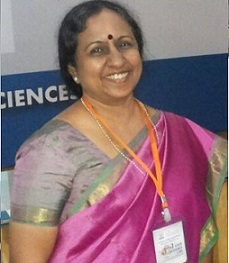The number of authors writing in medical journals is increasing day by day, thanks to the “Publish or perish” and the “need for promotions” among academicians. I meet many of these authors (or want to be authors) when I deliver lectures or conduct workshops.
I teach about MeSH (Medical Subject Headings) in PubMed – an important – actually the most important part of PubMed. And most often I understand that it is in my lectures and workshops that people understand how to use MeSH correctly.
During one such event some years ago a journal editor had asked me if he should ask authors to give MeSH terms instead of author keywords when they submitted articles. I had to explain that MeSH indexing for articles is done by trained and experienced indexers and there are several criteria for choosing the right MeSH Term to index an article. And that it was better for authors to give plain language keywords, because they would be retrieved by a word search.
In a recent lecture I had a different experience. A participant said “I always thought that MeSH Terms were the words that authors added as keywords”. She expressed that only now she understood the depth of work behind the MeSH Database, and how it is used in searching.
Which also brings me to one more point. In an earlier post, I had written about the mandate for current Postgraduate Residents to do an online course in Research Methodology. And how in that platform there is a module on “Literature Review” where they are told that the PubMed site has its own tutorials and that they can “easily” learn from there. Obviously practically no one learns from there – as is shown through doubts and ideas expressed in our lectures and workshops.
We at QMed constantly are reminded that we have miles to go before we sleep!
#whyqmedexists





